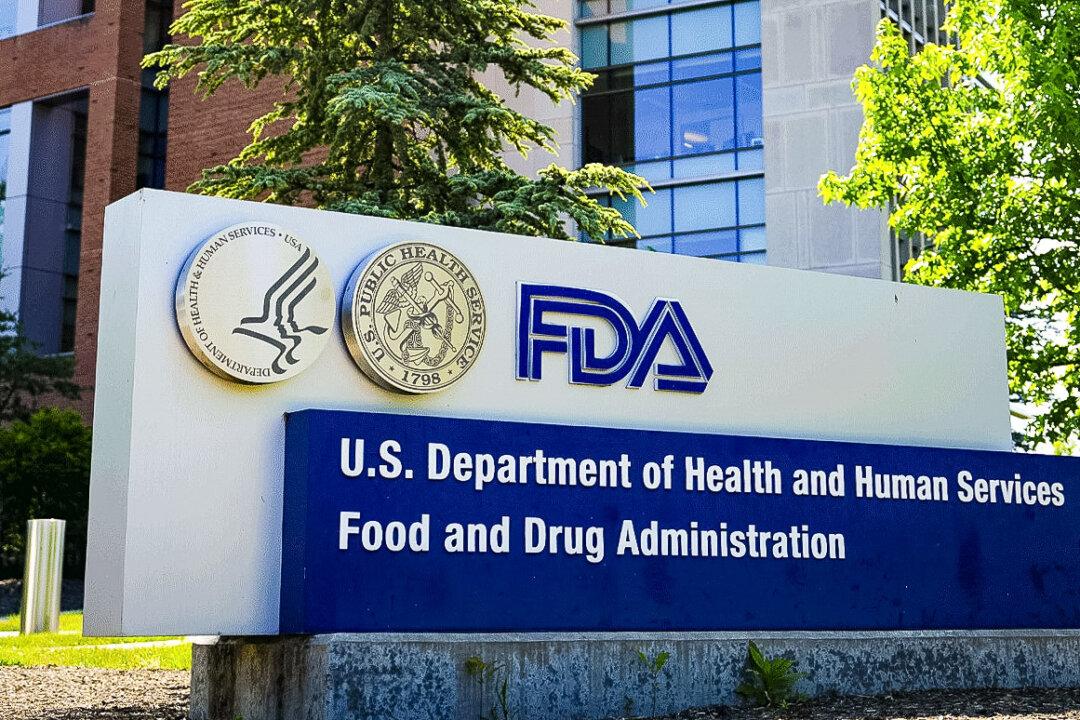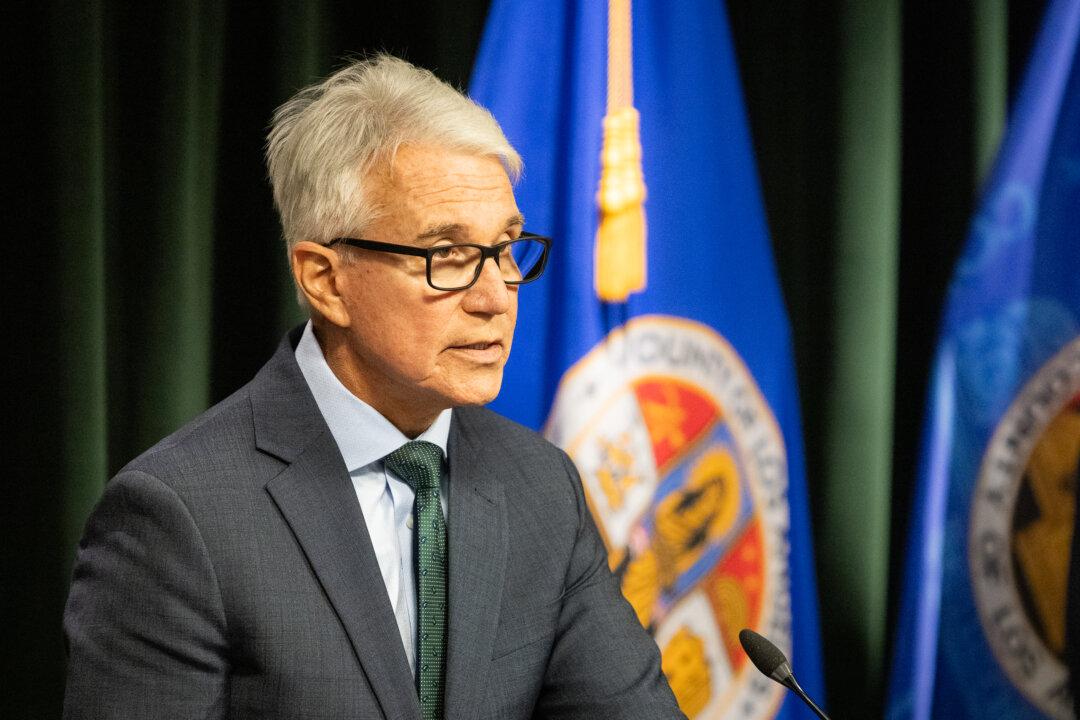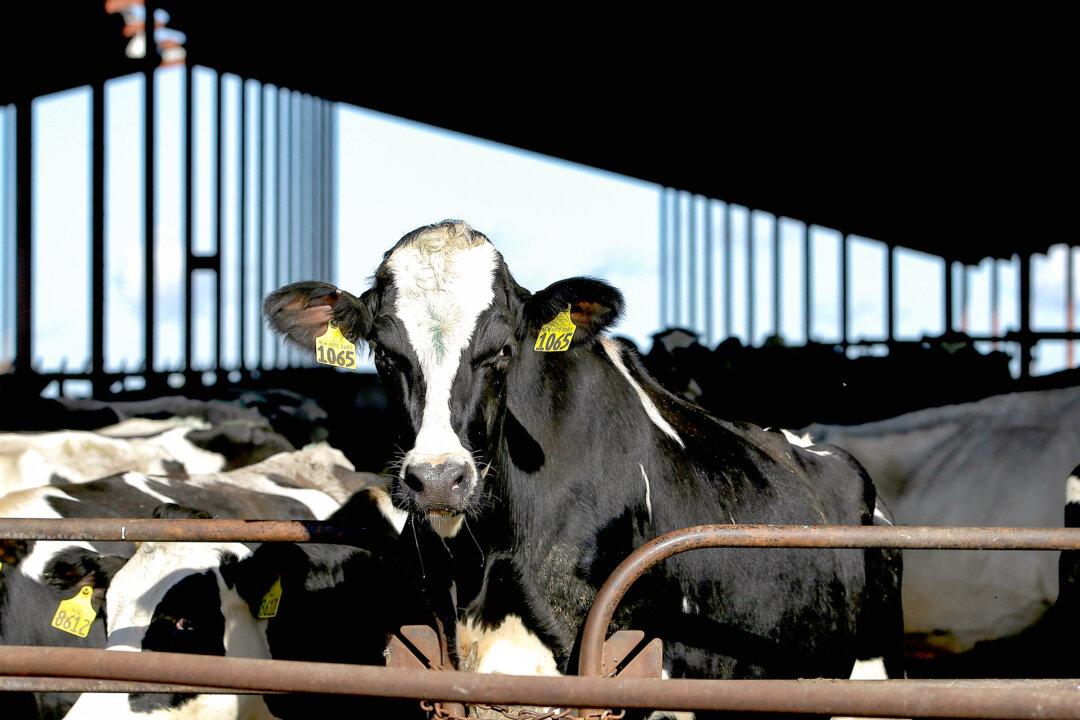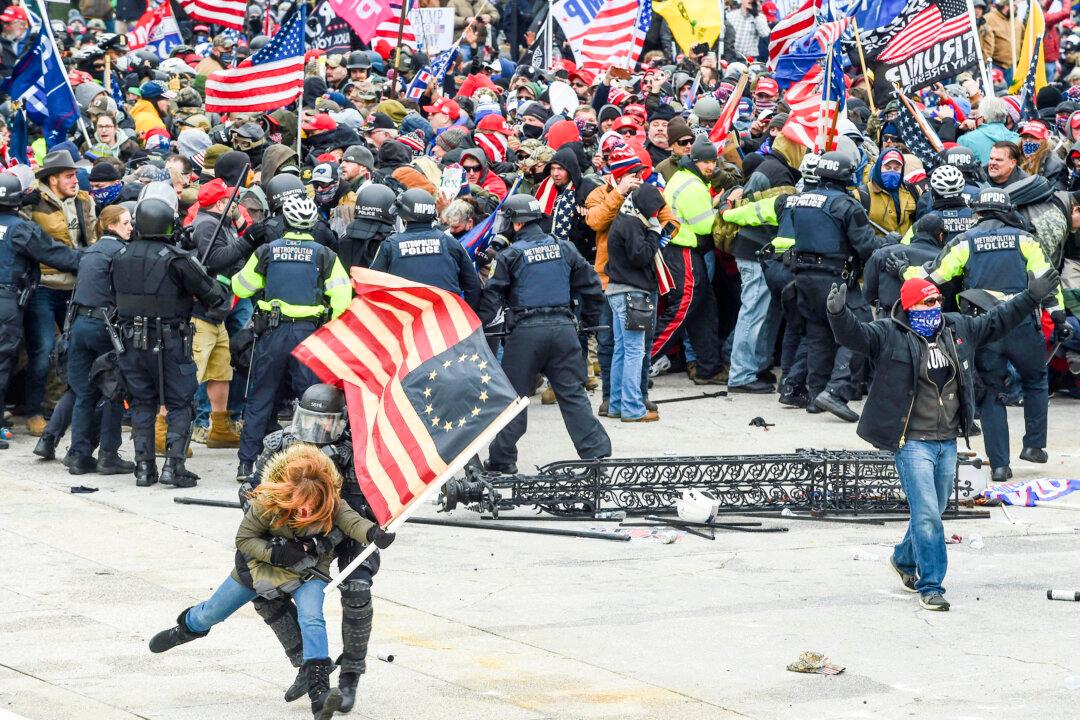Things in Europe are heating up with threats made by Russia President Vladimir Putin to the Ukraine President Petro Poroshenko.
In a private meeting also attended by European Commission President Jose Manuel Barraso, Putin said that Russian troops could reach multiple points in Europe in just two days.
“If I wanted, in two days I could have Russian troops not only in Kiev, but also in Riga, Vilnius, Tallinn, Warsaw and Bucharest,” he said, according to German newspaper Sueddeutsche Zeitung, citing a European Union memorandum of the meeting.
While troops could move that swiftly, Putin apparently conceded that it would take up to two weeks to actually capture Kiev.
Riga is the capital of Latvia, Vilnius is the capital of Lithuania, Tallinn is the capital of Estonia, Warsaw is the capital of Poland, and Bucharest is the capital of Romania.
If the report is true then it would be the first time Putin has threatened to invade any NATO or European Union member countries.

“If Mr Putin were to act on this, Britain could find itself at war with Russia. All five countries mentioned in this alleged conversation are members of both the EU and NATO. They are covered by the security guarantee in Article V of Nato’s founding treaty, which states that ‘an attack on one is an attack on all,’” noted the Telegraph.
“In a speech in Tallinn earlier this month, President Barack Obama confirmed NATO’s commitment to this doctrine.”
Obama said in that speech: “If you ever ask again ‘Who will come to help?’ you‘ll know the answer: the NATO alliance, including the armed forces of the United States of America. We’ll be here for Estonia. We will be here for Latvia. We will be here for Lithuania.”
Putin also told Poroshenko not to rely on the EU, claiming that Russia can bring about a “blocking minority” through some member states.
Ukraine is working toward membership into the union. On Tuesday, it ratified a historic Association Agreement, putting it on the path towards eventual EU membership.
The European Commission wouldn’t confirm or deny the meeting involving Putin, Poroshenko, and Barroso.
“We will not conduct diplomacy in the press or discuss extracts of confidential conversations,” said Pia Ahrenkilde Hansen, the Commission spokesperson. “What matters to the EU and the Commission is to contribute to lasting peace, stability and prosperity in Ukraine.”
See an Associated Press update below.
Ukraine’s pleas for lethal aid from US go unmet
WASHINGTON—In a show of solidarity with Ukraine, President Barack Obama welcomed the new leader of the embattled former Soviet republic to the White House Thursday, but he stopped short of fulfilling his visitor’s urgent request for lethal aid to fight Russian-backed separatists.
Earlier, Ukrainian President Petro Poroshenko renewed his call for American weaponry during an emotional address to a joint meeting of Congress, where his remarks were repeatedly interrupted by applause from lawmakers in both parties. While he expressed appreciation for the non-lethal assistance from the U.S., Poroshenko said it was not enough to quell the violence that has dogged eastern Ukraine.
“Blankets and night vision goggles are important, but one cannot win a war with a blanket,” Poroshenko said before heading to the White House for his meeting with Obama.
The White House did announce a new $46 million security package for Ukraine’s military that includes counter-mortar radar to detect incoming artillery fire. The U.S. will also provide vehicles and patrol boats, body armor and heavy engineering equipment, while also giving $7 million to humanitarian organizations to assist people affected by the violence.
Following his meeting with Obama, Poroshenko was more reserved in discussing his desire for lethal American military assistance. Asked by reporters whether he was disappointed to be leaving Washington without that commitment, Poroshenko said, “I am satisfied with the level of our cooperation with the United States of America in the defense and security sector. I cannot say more, but I am satisfied.”
Beyond the specific aid announcements, Poroshenko’s visit to Washington — his first since being elected in May — was aimed at signaling to Russian President Vladimir Putin that the U.S. stands steadfastly with Ukraine and its desire to boost ties with the West.
“The people of the United States stand with the people of Ukraine,” Obama declared as he sat side-by-side with Poroshenko in the Oval Office. Endorsing Poroshenko’s leadership, Obama said the Ukrainian president was “the right man” to lead his country through a difficult time.

Ukraine’s turn toward Europe and the U.S. has helped bring about Russia’s threatening moves, including the annexation of the strategically important Crimean Peninsula and the support for separatists in eastern cities near Russia’s border. In recent weeks, U.S. officials have accused Moscow of not just aiding the separatists but also sending Russian troops into Ukraine.
Ukraine and the Russian-backed separatists agreed to a cease-fire on Sept. 5, but the deal has been violated repeatedly. Both sides have promised to regroup and continue fighting, if required.
Poroshenko came to Washington seeking lethal military assistance to help push back the Russian forces. His request has support from some members of the Obama administration, as well as lawmakers on Capitol Hill, where the Senate Foreign Relations Committee voted unanimously Thursday to advance legislation that would authorize $350 million for military assistance including anti-tank weapons.
“President Putin has upended the international order, and a slap on the wrist will not deter future Russian provocations,” said Sen. Robert Menendez, D-N.J., who chairs the committee. “In the face of Russian aggression, Ukraine needs our steadfast and determined support, not an ambiguous response. ”
In resisting calls to arm Ukraine’s military, Obama has argued that pouring more weapons into the conflict would not de-escalate the situation.
However, Steven Pifer, a former U.S. ambassador to Ukraine, said Americans arms would “give Putin pause” because of the potential for greater costs for the Russian army.
“The more costly the Ukrainians can make any fighting for the Russians, the less Moscow’s interest in resuming the conflict,” said Pifer, who is now an analyst at the Brookings Institution, a Washington think tank.
Obama’s preferred tactic for imposing costs on Russia has included multiple rounds of economic sanctions targeting Russia’s energy, defense and financial sectors, as well as penalties on government officials and other individuals close to Putin. The European Union, which has a deeper economic relationship with Russia than the U.S., has also joined Washington in ordering sanctions.
While the sanctions have had a negative impact on Russia’s economy, they have so far failed to shift Putin’s tactics.
Poroshenko, a billionaire businessman, won Ukraine’s presidential election earlier this year after his country’s Russian-backed leader fled amid popular protests. Western leaders have praised Poroshenko’s commitment to reform but are pressing him to take more robust action to improve economic stability and attract investment.
A group of U.S. officials, including Commerce Secretary Penny Pritzker, will travel to the capital of Kiev next week for discussions on economic reforms.





Friends Read Free